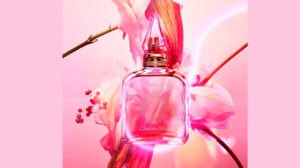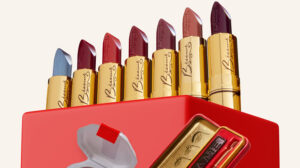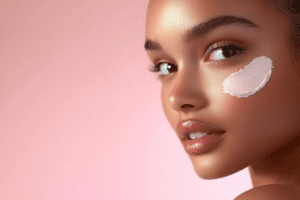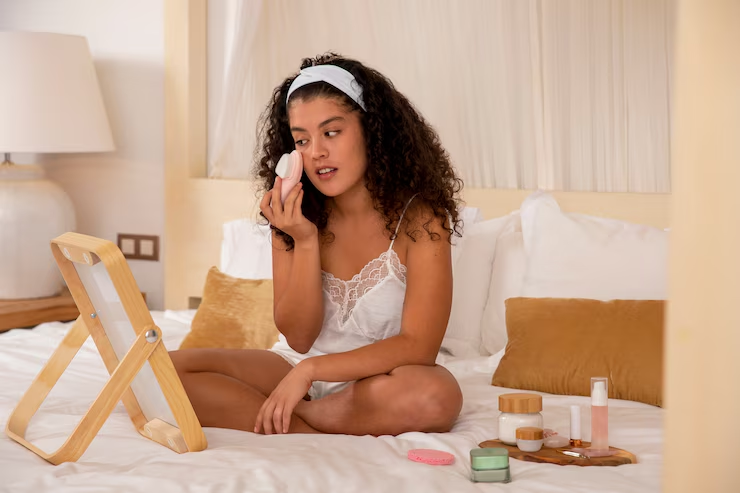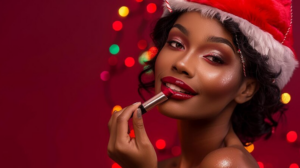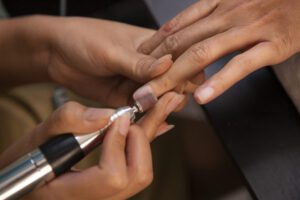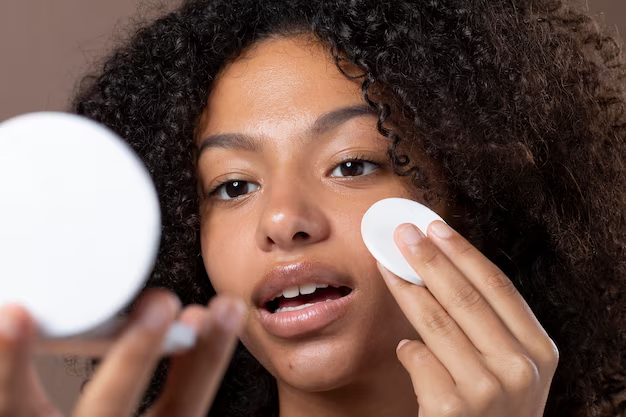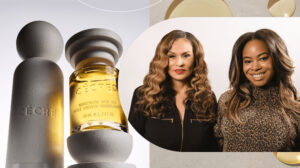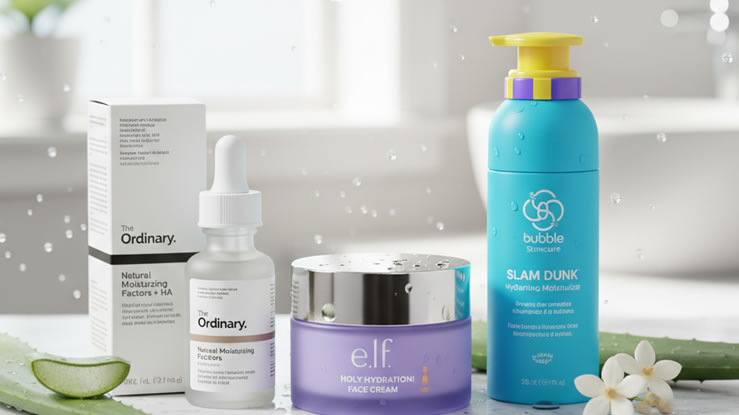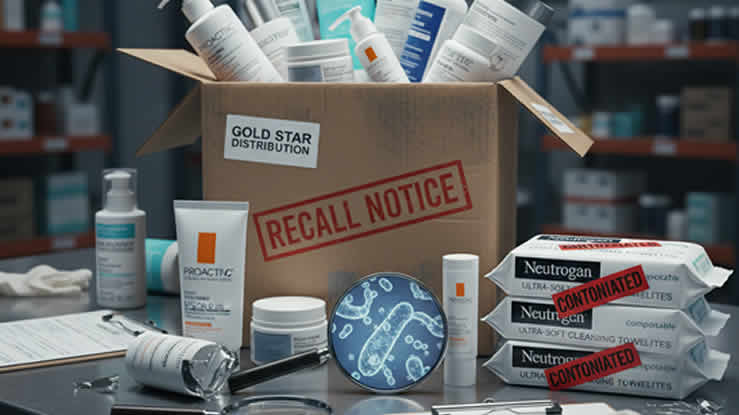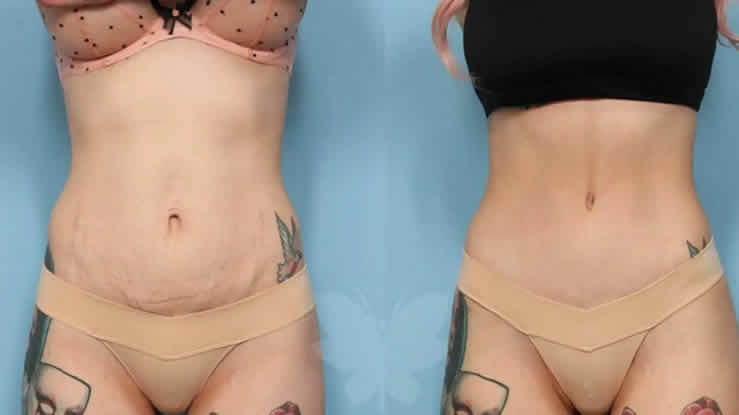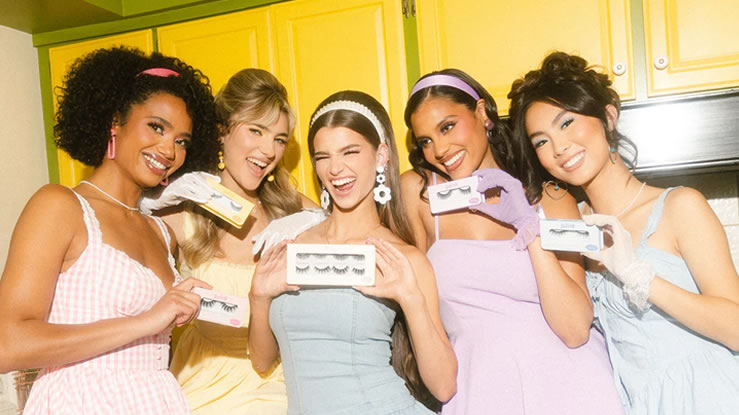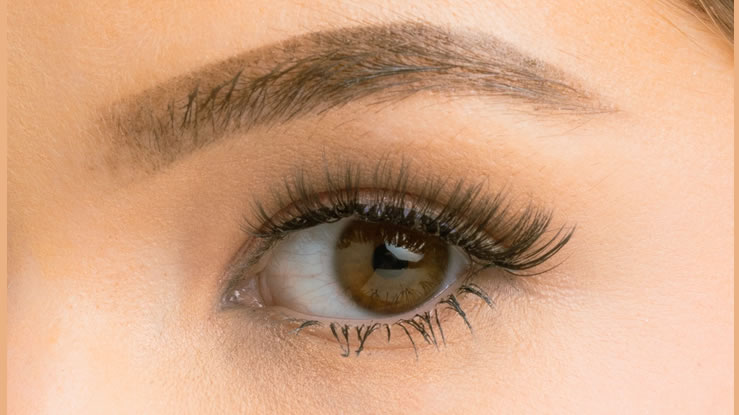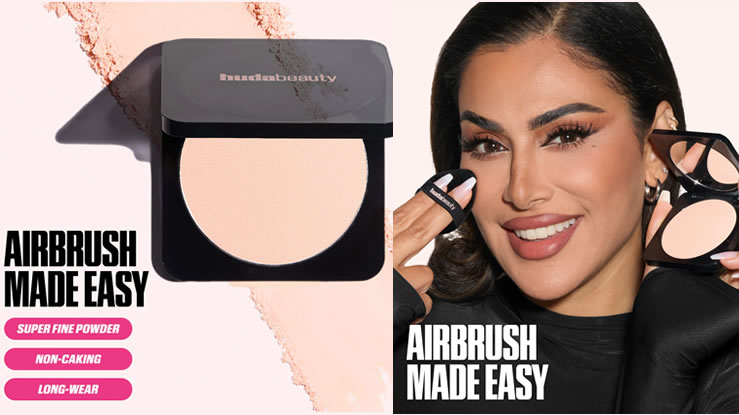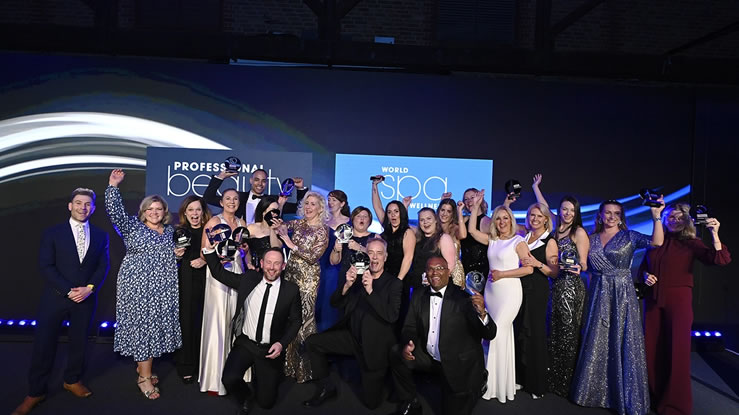The beauty industry has entered a new era, one that’s not just about glowing skin and glossy hair but about responsibility, transparency, and sustainability. More than ever, consumers are asking tough questions: What’s in my skincare? How is it made? What happens to the packaging once I’m done?
This growing awareness has given rise to sustainable beauty a movement focused on products and practices that protect both people and the planet. But with so many brands claiming to be “green,” it’s easy to get lost in the noise. So, what exactly makes a beauty brand sustainable? And which brands are truly leading the way in 2025?
Let’s explore what defines sustainability in the beauty industry and highlight the most eco-conscious brands that are setting new standards worldwide.
Understanding Sustainable Beauty
Sustainable beauty isn’t just about using natural ingredients. It’s about a holistic approach to production, packaging, and ethics. A truly sustainable beauty brand considers every step of its lifecycle from sourcing raw materials to reducing carbon emissions and ensuring fair labor practices.
Here are the core pillars that define sustainable beauty:
1. Clean Ingredients: Products free from harmful chemicals like parabens, sulfates, and synthetic fragrances that harm both skin and the environment.
2. Ethical Sourcing: Using ingredients harvested through fair trade, respecting local communities, and protecting biodiversity.
3. Eco-Friendly Packaging: Emphasizing recyclable, biodegradable, or refillable packaging to reduce plastic waste.
4. Cruelty-Free Practices: No animal testing at any stage of production, instead relying on alternative testing methods.
5. Carbon Neutrality: Brands that offset their emissions or utilize renewable energy in their supply chain.
6. Transparency: Honest communication about sourcing, formulas, and production processes.
Sustainable beauty is, therefore, not just a marketing label it’s a philosophy of mindful consumption.
Why Sustainability Matters in Beauty
The global beauty industry generates over 120 billion units of packaging each year, most of which end up in landfills or oceans. Synthetic ingredients can pollute water systems, while unsustainable palm oil farming contributes to deforestation. As awareness of these issues grows, consumers are demanding accountability and eco-conscious alternatives.
This shift in mindset is transforming how brands operate, inspiring innovations in refillable bottles, solid beauty bars, compostable materials, and waterless formulas. It’s no longer enough for products to look good; they must do good.
How to Identify a Truly Sustainable Brand
Before diving into the top contenders, it’s important to know how to spot genuine sustainability versus greenwashing. Look for brands that:
-
Are certified by organizations like B Corp, Ecocert, or Leaping Bunny
-
Disclose their ingredient lists transparently
-
Use renewable or recycled packaging materials
-
Support reforestation or carbon offset projects
-
Encourage refills or product recycling programs
The most sustainable brands are those that embed eco-consciousness into their DNA, not just their marketing.
The Top Sustainable Beauty Brands in 2025
Now, let’s explore some of the leading brands setting a high standard for sustainable beauty practices globally.
1. Lush
Lush has long been the face of sustainability in beauty. Known for its solid shampoos, naked packaging, and handmade formulations, Lush actively campaigns against animal testing and unnecessary waste. Its “Bring It Back” program encourages customers to return empty pots for recycling, while most products come package-free.
Beyond that, Lush sources fair trade ingredients and supports grassroots charities through its Charity Pot program. Its transparency and activism make it a pioneer in ethical beauty.
2. The Body Shop
A legacy brand with deep sustainability roots, The Body Shop was one of the first to introduce fair trade sourcing in the 1980s. Today, it continues to champion ethical supply chains, cruelty-free products, and community empowerment.
The Body Shop also focuses on refill stations and has committed to using 100% recyclable packaging. Their “Return. Recycle. Repeat.” initiative encourages customers to return empty bottles for responsible disposal.
3. RMS Beauty
Founded by makeup artist Rose-Marie Swift, RMS Beauty embodies clean beauty with a focus on non-toxic, raw ingredients. All products are packaged in recyclable glass jars or aluminum, and the brand uses minimal outer packaging.
RMS Beauty also prioritizes organic, food-grade ingredients to ensure the highest purity while minimizing environmental harm.
4. Aveda
Aveda is one of the most recognized names in sustainable beauty. It’s the first beauty brand to manufacture products entirely with 100% wind power and uses up to 90% post-consumer recycled plastic in its packaging.
Its vegan, plant-powered formulations are created with care for the Earth, and Aveda’s dedication to clean water initiatives has impacted thousands of communities worldwide.
5. Youth to the People
Youth to the People has become a modern icon of sustainable skincare. It uses superfood-based formulas, glass packaging, and minimal waste in production. The brand’s “Good to the People Fund” supports climate activism and social equality projects.
What stands out most is its commitment to transparency from ingredient sourcing to carbon footprint tracking.
6. Ethique
Ethique takes sustainability to the next level with solid beauty bars for everything from shampoo to conditioner to facial cleansers. Each bar saves several plastic bottles from landfill, and the packaging is 100% compostable.
Ethique is also climate positive, offsetting more carbon than it produces, and its commitment to cruelty-free, vegan formulas makes it a leader in zero-waste beauty.
7. Tata Harper
Tata Harper’s farm-to-face philosophy defines true luxury sustainability. Each product is handcrafted on her Vermont farm using fresh, natural ingredients with zero synthetic chemicals.
The brand uses glass packaging, offers refillable options, and ensures complete traceability of every ingredient. It’s high-end, yes but entirely ethical and green.
8. Weleda
Weleda has been practicing sustainability long before it became trendy. This Swiss brand, founded in 1921, is certified by NATRUE and UEBT for its fair sourcing and biodiversity preservation.
Its products are made from biodynamic and organic farming methods, and it’s 100% cruelty-free. Weleda’s classic Skin Food remains one of the most beloved eco-conscious moisturizers worldwide.
9. Herbivore Botanicals
Herbivore Botanicals merges aesthetics with ethics. With minimalist glass packaging and clean formulas, it promotes transparency and sustainability. All products are vegan, cruelty-free, and made from ethically sourced ingredients.
Its commitment to small-batch production minimizes waste and ensures quality control, aligning perfectly with the slow beauty movement.
10. BYBI Beauty
BYBI is one of the youngest yet most innovative eco-beauty brands. Certified carbon neutral, it uses upcycled ingredients like fruit seeds and food waste to create nourishing skincare.
The packaging is made from sugarcane-derived bioplastics and glass, making it one of the most sustainable options for modern skincare lovers.
How These Brands Are Changing the Industry
These pioneering brands have pushed major shifts in how beauty is created and consumed. Their innovations have inspired large corporations to adopt more sustainable practices, from refillable containers to eco certifications.
They’ve also encouraged consumers to be conscious buyers to purchase less, choose better, and value longevity over instant gratification.
Sustainable Packaging: The Next Big Movement
Packaging remains one of the biggest environmental challenges in beauty. The rise of refillable jars, dissolvable pods, and biodegradable wraps is revolutionizing the way we think about consumption. Brands like Fenty Beauty and Kjaer Weis are also joining the refill revolution, blending luxury with responsibility.
The Future of Sustainable Beauty
The next phase of sustainable beauty is personalization and circularity. Expect brands to offer refill subscription models, return incentives, and AI-driven skin diagnostics that reduce overproduction.
Advancements in biotechnology are also leading to lab-grown ingredients like collagen, hyaluronic acid, and squalane that eliminate the need for animal or unsustainable plant sources.
In 2025 and beyond, sustainability will not just be a trend it will be the foundation of beauty innovation.
How You Can Support Sustainable Beauty
As a consumer, you have immense power in shaping the beauty industry. Here’s how to make mindful choices:
-
Choose brands with eco certifications
-
Support refill and recycling programs
-
Opt for multi-use products to reduce waste
-
Avoid overconsumption buy what you’ll use
-
Recycle or repurpose your containers
Every small action contributes to a larger change.
The most sustainable beauty brand isn’t just one name, it’s a mindset shared by a growing movement of eco-conscious companies worldwide. Brands like Lush, Aveda, Tata Harper, and Ethique are proving that you can create luxurious, effective beauty without harming the planet.
Sustainability in beauty is about respect for nature, for people, and for the resources that make self-care possible. It’s about redefining beauty not as consumption, but as connection with the Earth and with ourselves.
As consumers continue to demand ethical practices and transparency, sustainability will become the new standard of beauty. The future looks radiant, and it’s green.

